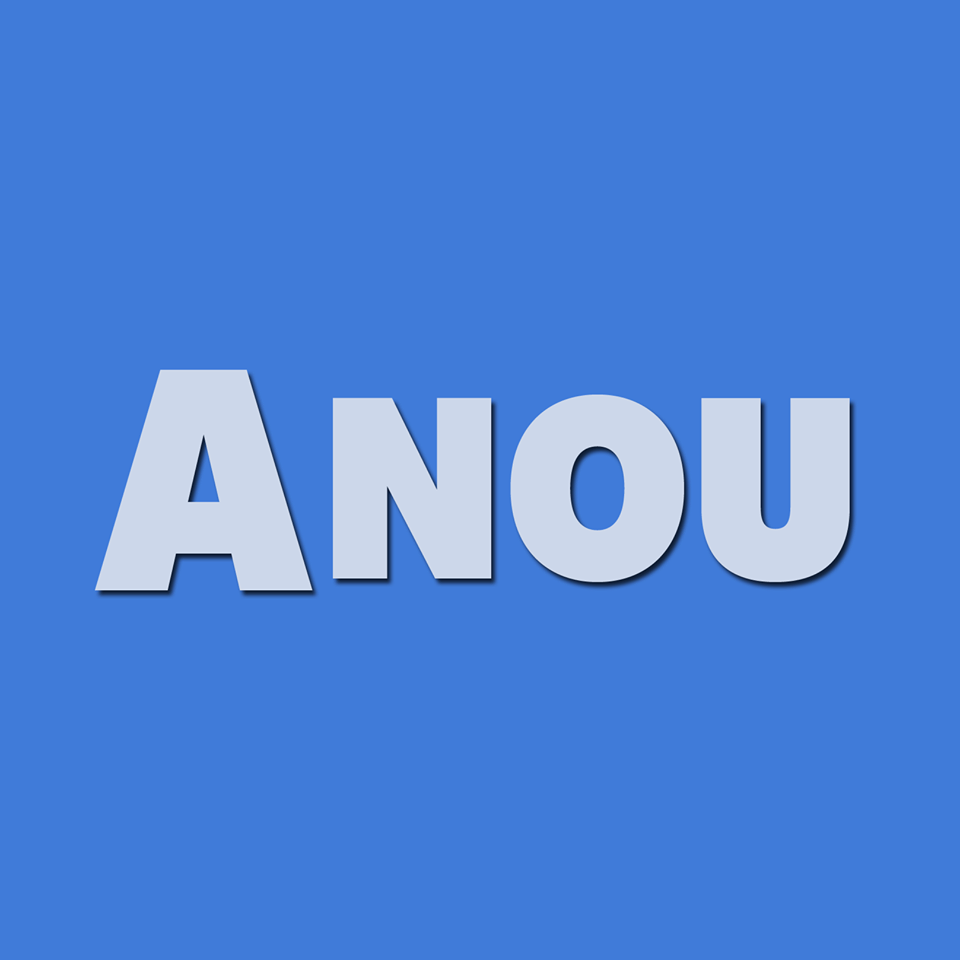Most people (including Africans) would love it if Africa no longer needed charity. If Africa was able to economically stand on its own two feet, charities could focus efforts elsewhere. The planet would be better off.
Although parts of Africa are rich, most parts are still poor.
The question is: how can we help lift Africans out of poverty?
China and India lifted over one billion people out of poverty in the last 30 years.
Africa has one billion poor.
Most agree that charities are not a long-term solution to help build African wealth.
The secret is to do what China and India have done. Africans must provide goods and services that the rest of the world (and other Africans) value.
If they can't do that, they will always be mired in poverty.
The Anou is working to build a long-term solution for one corner of Africa called Morocco.
The Anou is an online marketplace optimized for illiterate Moroccans (and others). Ever since 2011, Dan Driscoll has been helping Moroccan artisans make a living.
Dan explains how QR codes help illiterate artisans. He reveals the challenges of creating a vertically-aligned enterprise. Most important, Dan is working hard to make himself obsolete.
As Dan wrote in an email to me, "The goal of Anou's work is to get artisans themselves to restructure how Morocco's artisan economy works so that it works for artisans, rather than against them. Artisans right now have an opportunity to change how everything here works, so whether it be a mill or sophisticated logistics, it all serves to enable artisans to consolidate power and influence to change things as they see fit. Getting artisans paid a little more is just collateral of solving more structural problems, which is why Anou, which is largely managed by artisans outside of me, is distinctly different than all the people who are here in Morocco trying to just help individual artisans with a little more cash."
Fact Check: At the start of the episode, I refer to Cape Town's water rationing. I guesstimated that the South African city officials limited locals to 30 liters, but I was wrong. Each person was rationed 50 liters.
Sponsored by Health Access Sumbawa
This show was sponsored by Health Access Sumbawa. In 2014, Jack Kennedy founded this nonprofit that is helping bring malaria control and healthcare to remote, impoverished communities. It started on the remote island of Sumbawa, Indonesia. Visit their website to learn more and to donate: https://healthaccesssumbawa.org
More info
You can post comments, ask questions, and sign up for my newsletter at http://wanderlearn.com.
If you like this podcast, subscribe and share!
On social media, my username is always ftapon. Follow me on:
- http://facebook.com/ftapon
- http://twitter.com/ftapon
- http://youtube.com/user/ftapon
- http://pinterest.com/ftapon
- http://tumblr.com/ftapon
Claim your reward by becoming a patron at http://Patreon.com/FTapon
Rewards start at just $2/month!




